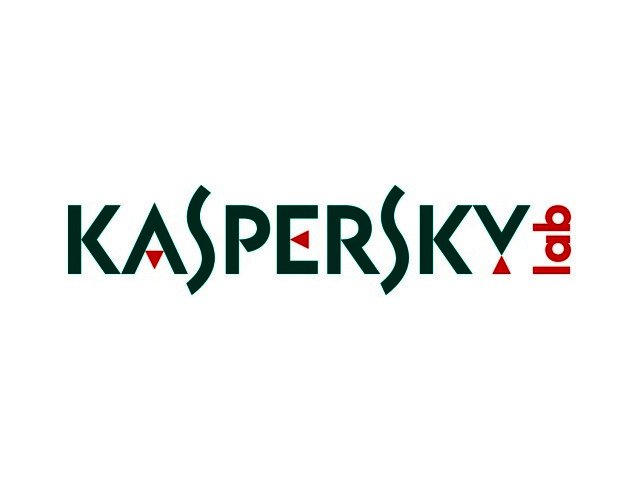The lack of qualified IT security talent remains a prevalent issue for businesses around the world. 33% of companies last year admitted that improving their in house security expertise is among the top three priorities of their IT security investment, and 48% said they experience talent shortage. Having one of the biggest pools of extraordinarily talented experts around the world, Kaspersky Lab has teamed up with partners such as Dassault Systems, PwC and Schlumberger to create a talent discovery program, named Cybersecurity for the Next Generation. They are targeting students and young specialists, with and without a security background. The program’s winner will take home a $10 000 grant.
The program invites participants to tackle real tasks, provided by all involved partners, and which, if successful, may actually be implemented in business. PwC, for example, is looking for a solution to automatically aggregate and analyse security relevant news on social media. Schlumberger is looking for a concept to secure data storage in the Schlumberger private cloud. Some of the scenarios are not very technical. Kaspersky Lab is, for example, looking for two gamified approaches to explaining and teaching security in healthcare, banks and retail.
“IT security has become a central element of our digital lives. But it is not necessarily a topic that attracts a huge amount of talent – although people working in the industry can expect secure, highly-paid and challenging jobs. With this program we want to demonstrate how interesting and diverse the field is and uncover talent that has so far been hidden,” says Riaan Badenhorst, general manager at Kaspersky Lab Africa. “Experts are needed across all industries and we are proud of the pool of experts we have. But we also believe that it is part of our mission to find more talent and let businesses benefit from a broader pool of experts.”
Contestants can participate in groups of up to three and hand in their applications before 25 October at https://securitynextgen.com. An expert jury will then choose finalists to be invited to the contest finals, held in Prague on 5 and 6 December.
The winner of the contest will receive a grant of $10 000, the second place will have the opportunity to go to the Kaspersky Security Analyst Summit, and the third-place winner will be sent to a professional conference on information security. In addition, there are special prizes from the contest’s partners – including internships, gadgets and other useful gifts.
The full list of tasks and partners:
Secure browser / Rosatom + Greenatom
Develop a secure browser based on VM technologies
Customer data protection in public clouds / Schlumberger
Offer a solution for secure data storage in the Schlumberger cloud
Login authorisation control / Schlumberger
Develop a system of logging, event monitoring and user verification
System for detection of external online communication channels / Gazprom Neft
Develop an algorithm, software module and the architecture for an information system capable of searching for unauthorised online communications on corporate hosts connected to a corporate data network.
Intrusion detection based on data mining / Kaspersky Lab
Compile a list of indicators of network traffic anomalies, and develop an algorithm of intelligent data analysis, develop architecture and a proof-of-concept of an intrusion detection system
Information security feed system / PwC
Develop software capable of online aggregation and analysis of different topics regarding information security from social media
Prevention of industrial espionage / Dassault Systems
Develop a solution to protect jewelry businesses from the loss of confidential information through technical channels
Kaspersky interactive protection simulation – Healthcare scenario / Kaspersky Lab
Develop a gameboard and describe a scenario from the field of healthcare for Kaspersky Lab’s interactive protection simulation
Kaspersky cyber safety management game – Healthcare | Bank | Retail scenario / Kaspersky Lab
Develop a scenario for Kaspersky Lab’s cyber safety management game with real examples of IT security incidents





